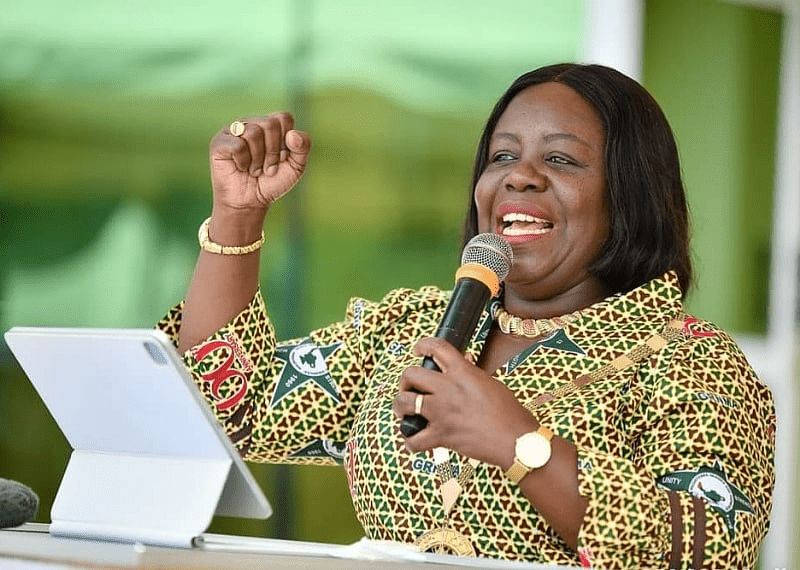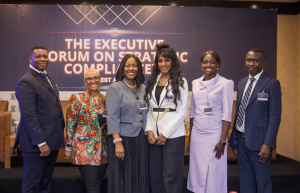
By Albert Futukpor, GNA Special Correspondent in Stockholm, Sweden
Stockholm (Sweden), Aug 26, GNA - Statistics has shown that about 37 per cent of rural dwellers in the country lack access to potable water and, therefore, depend on untreated sources of water for their various activities.
This results in many consequences including contracting water-related diseases and disabilities, a situation, which further deepens their plight.
To reverse this trend, two social enterprise organisations; Safe Water Network, and Water4, through its local partner, Access Development, Ghana, have designed a model where they produce clean and safe water for underserved communities in the country.
Representatives of the two organisations made presentations about their models at a seminar as part of the ongoing World Water Week (WWW), the annual focal point for global water issues, in the Swedish capital, Stockholm.
The WWW is an event of the Stockholm International Water Institute is taking place from August 25 to August 30, on the theme: “Water for Society: Including all”.
It is being attended by about 3,000 world leaders, policy makers, academics and representatives of the private sector and civil society groups from about 130 countries to discuss issues of access to potable water.
Mr Matt Hangen, the President and Chief Executive Officer of Water4, said the organisation, through its local partner, Access Development, Ghana, had been working since 2012 extending clean and safe water to about 45,000 residents in about 80 communities in the Wassa East District.
He said the organisation had constructed hand pumps in the communities as well as piped water to households to ensure residents had access to reliable and safe drinking water adding residents paid low tariffs to access the commodity to help offset operational costs.
He assured of his organisation’s commitment to fill the gap in the area of water, sanitation and hygiene (WASH) calling for strong partnership between Water4 and the Government to ensure that many of the underserved communities had access to potable water to help in the achievement of the Sustainable Development Goals.
Mr Leo Heller, United Nations Rapporteur for Human Rights to Water and Sanitation, addressing a forum at the WWW, emphasised that it was the duty of governments to improve access to WASH.
He expressed the need for countries with poor access to WASH to do their best to improve the situation.
GNA
Read Full Story














Facebook
Twitter
Pinterest
Instagram
Google+
YouTube
LinkedIn
RSS